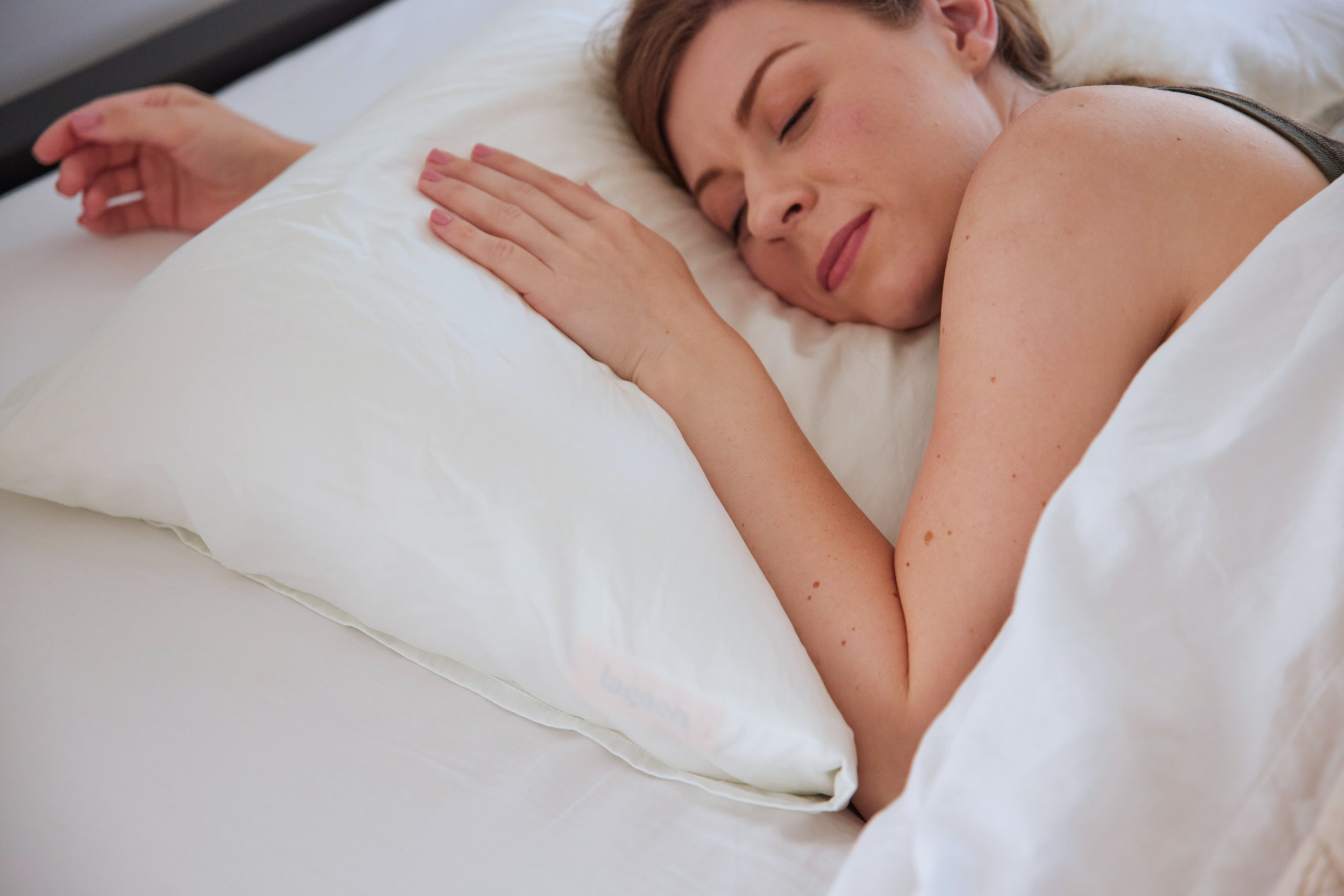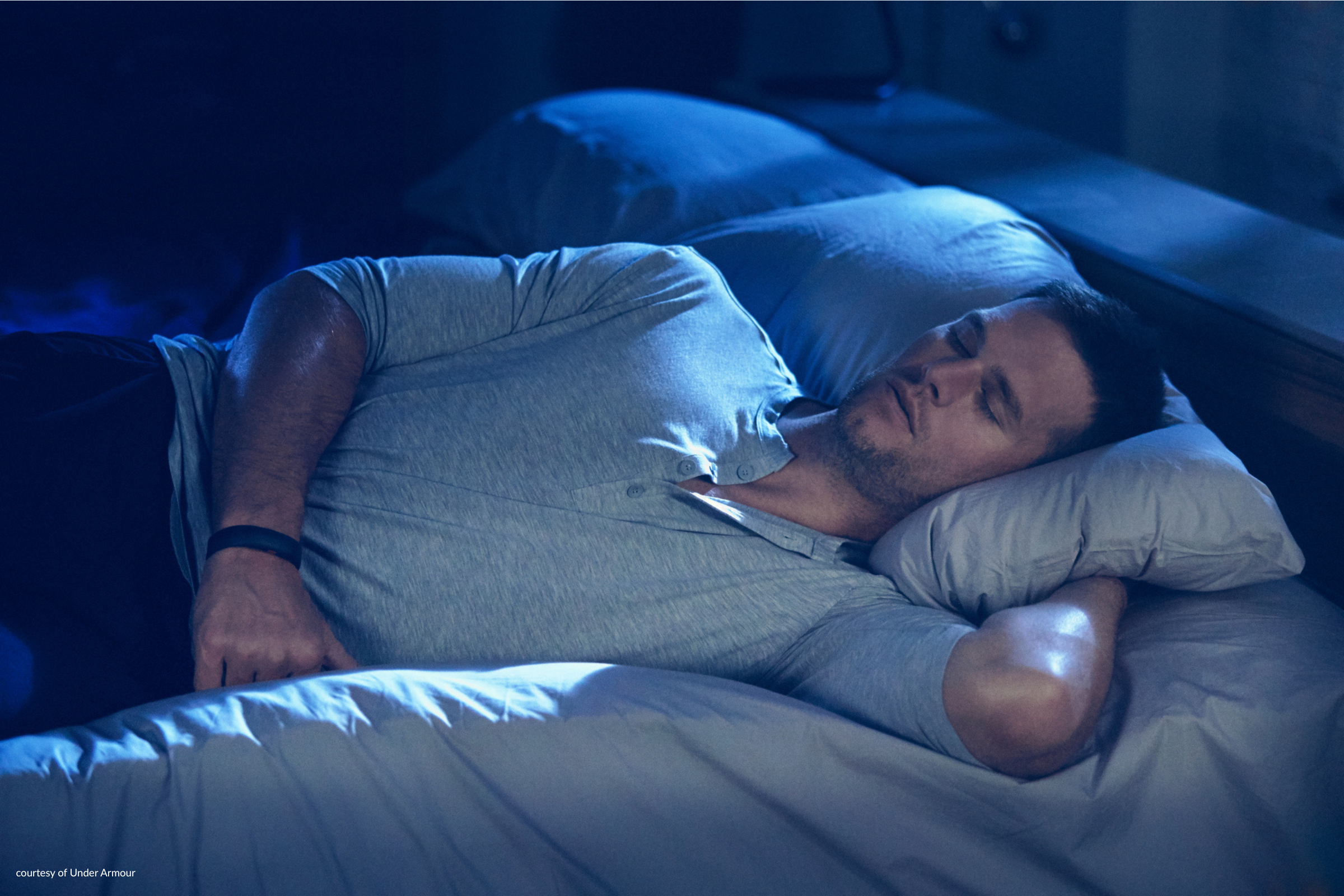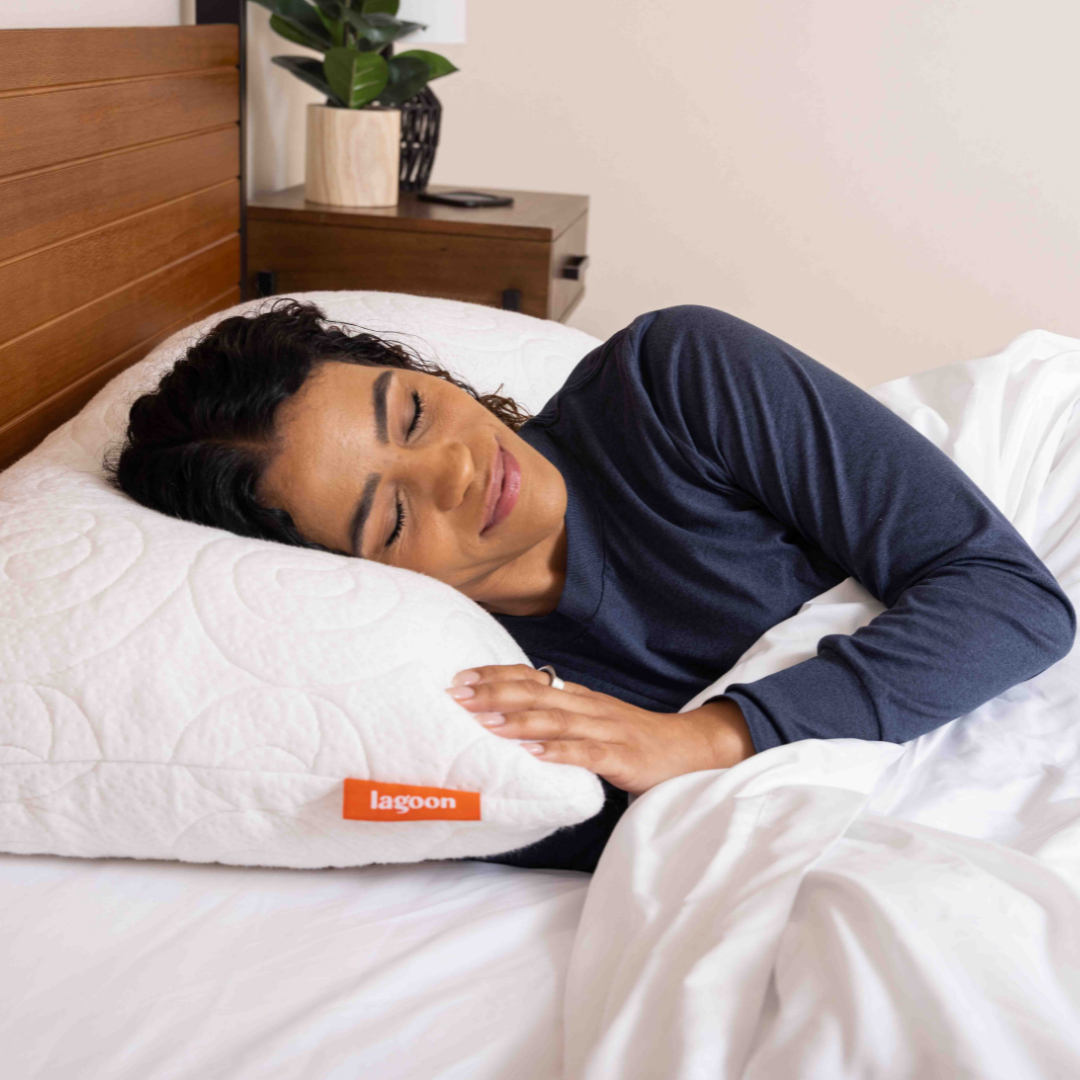Hey packlings 👋
How does your perception of sleep quality affect how you feel? Why are sleep experts recommending a permanent Standard Time ahead of daylight savings? We’ve got the answers and much more in this week’s edition of Sleep & Fitness - let’s get into it!
🧐 Need a Good Night of Sleep? Try Changing How You Think About It
In today's fast-paced world, many of us struggle with sleep deprivation, but recent research reminds us to not underestimate the role that our mindset plays in how refreshed we feel. According to Nicole Tang from the Warwick Sleep and Pain Lab, our beliefs about sleep can influence our perception of tiredness. For instance, individuals may feel exhausted even after a night of adequate sleep due to anxiety or negative thoughts about their sleep quality. The concept of "paradoxical insomnia" reveals that some people believe they slept poorly while their sleep patterns are normal, highlighting a disconnect between perception and reality. Evolutionary anthropologist David Samson points out that traditional views on sleep duration might be misleading; people often sleep less but report higher satisfaction with their rest. Strategies like maintaining good sleep hygiene, managing sleep-related anxieties, and understanding that sleep needs can vary can help improve our sleep experience. Embracing a positive outlook on sleep, even after a rough night, can empower us to feel more energized throughout the day.
💯 Sleep Perfectionists: The Exhausting Rise of Orthosomnia
While at the gym, a woman overheard two men discussing their sleep performance scores. Intrigued, she listened as one boasted about scoring 96, while the other lamented his average of 67. Their conversation highlighted the phenomenon known as "orthosomnia," which describes the fixation on achieving perfect sleep, often driven by wearable devices. Katie Fischer, a behavioral sleep therapist, noted that many clients become obsessed with their sleep metrics, while good sleepers typically don’t stress about their rest. Ollie Matthews, a health coach, reflected on his own experience of checking sleep data obsessively, admitting it led to unnecessary anxiety about his sleep quality. Sleep trackers can measure basic sleep duration, but they lack precision in distinguishing between sleep stages. Despite varying experiences, the overarching message remains: rather than fixating on data, it’s crucial to listen to your body and gauge how you feel day-to-day. The future of sleep tech may involve even more intricate tracking devices, but it's worth questioning how much we truly need them.
⏰ Sleep Experts Advocate for Permanent Standard Time Ahead of Fall Time Change
As the clock ticks down to the annual "fall back" on November 3, the Coalition for Permanent Standard Time is rallying for an end to daylight saving time, pushing for year-round standard time instead. Led by experts from organizations like the American Academy of Sleep Medicine and the National Sleep Foundation, the coalition highlights the health risks tied to seasonal time changes—linking the shift to increased accidents and medical errors. Dr. Karin Johnson, a sleep medicine physician, emphasizes that permanent daylight saving time could disrupt our natural circadian rhythms, resulting in darker mornings that jeopardize safety, especially for children. With a recent survey revealing that 64% of Americans support eliminating seasonal time changes, the coalition advocates for a return to standard time, aligning our daily schedules with the sun's natural cycle. They argue this would enhance sleep quality, mood, and overall well-being. As Congress considers this shift, the coalition warns against repeating past mistakes, urging action that prioritizes public health and safety. To ease the transition this November, experts recommend adjusting sleep schedules and seeking morning sunlight to help reset internal clocks.
🤖 New AI Powered Study Shows How Our Sleep Changes with Age
A recent AI-based study presented at the European Sleep Conference reveals how aging affects sleep patterns, particularly the decrease in deep and REM sleep as we grow older. The study analyzed data from 117,000 participants over seven million nights. Key findings indicate that middle-aged individuals (30-55 years) sleep less than both younger (20-25 years) and older (80-85 years) adults, with a noted increase in average sleep duration in later life. The research highlights the impact of sleep disorders, such as sleep apnea, which significantly reduces deep sleep across all ages. While REM sleep decreases with age, older adults may experience slightly more total sleep time compared to middle-aged individuals. To improve sleep quality at any age, experts recommend maintaining a consistent sleep schedule, optimizing the sleep environment for darkness and quiet, and establishing a calming bedtime routine. Prioritizing sleep can enhance overall health and well-being, especially as we age.
🧑💼 Promoting Healthy Sleep Hygiene in the Workplace
We all know the feeling: that groggy morning after a late night, the coffee isn’t cutting it, and you’re just praying for a miracle to get through the day. Research shows that sleep is more than just a luxury; it’s a powerhouse for productivity! Up to one-third of the population struggles with sleep insufficiency, and the consequences can be serious. It's a common misconception that everyone understands the importance of proper sleep. In reality, many employees may feel compelled to sacrifice their rest to meet deadlines or demonstrate commitment. This "hustle culture" can be detrimental in the long run, leading to burnout and decreased productivity. Stress is a significant factor that can impede restful sleep. High stress levels can prolong the time it takes to fall asleep and disrupt sleep patterns. As noted by Dr. Annise Wilson from Baylor College of Medicine, learning how to manage stress effectively is crucial for improving sleep quality. By fostering a culture that values sleep and promotes well-being, business leaders can enhance employee mental health and productivity. This, in turn, creates a more engaged workforce, ultimately leading to better performance and greater job satisfaction.
That’s a wrap on this week’s sleep and fitness news. Remember to follow @lagoonsleep on Instagram for your daily dose of sleep & fitness news and entertainment.







